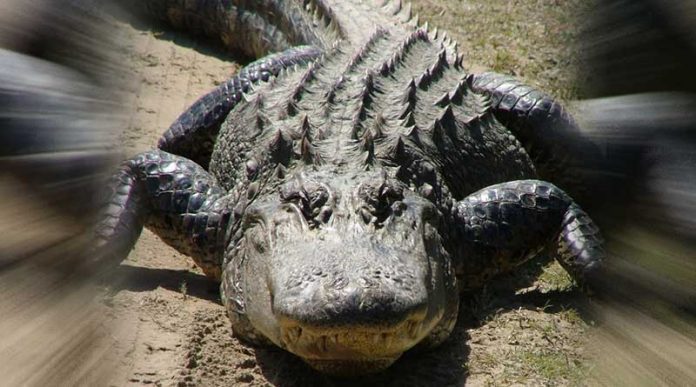
By Menatalla Shawky
UNIVERSITY CITY, SHARJAH – Crocodiles may help humans beat cancer by providing new or “novel” molecules that have the potential to treat the disease, according to an American University of Sharjah faculty member.
Professor of Practice Ruqaiyyah Siddiqui of the Department of Biology, Chemistry, and Environmental Sciences noted that the discovery stemmed from thinking about the way crocodiles live and their eating habits.
Siddiqui has been principal investigator on a team project involving several students and researchers, working in collaboration with BCE Head Prof. Naveed Ahmed Khan.
Working with vets and zoologists from different countries, Siddiqui noticed that there are very few or no reports of crocodiles getting cancer. She developed the hypothesis that crocodiles might possess molecules that prevent the disease.
Siddiqui took blood and various body organs from crocodiles she obtained from Pakistan and Malaysia and tested them against different cancer cells. As she related in a video presentation, she found out that “crocodile material killed cancer cells but not normal human cells.”
This was very interesting, she noted, because crocodiles are “always in the sun,” are “exposed to heavy metals,” and “eat rotten meat.” Despite these unsuitable conditions, they can still live up to 100 years.
Humans may benefit, she said, from efforts to procure novel molecules “originating from the crocodile gut microbiome or lysates, which have not been discovered before and could be used as potential new drugs.”

















